Afghanistan lost almost 60 percent of its journalists since Taliban came into power: Report
Wed 17 Aug 2022, 12:16:47
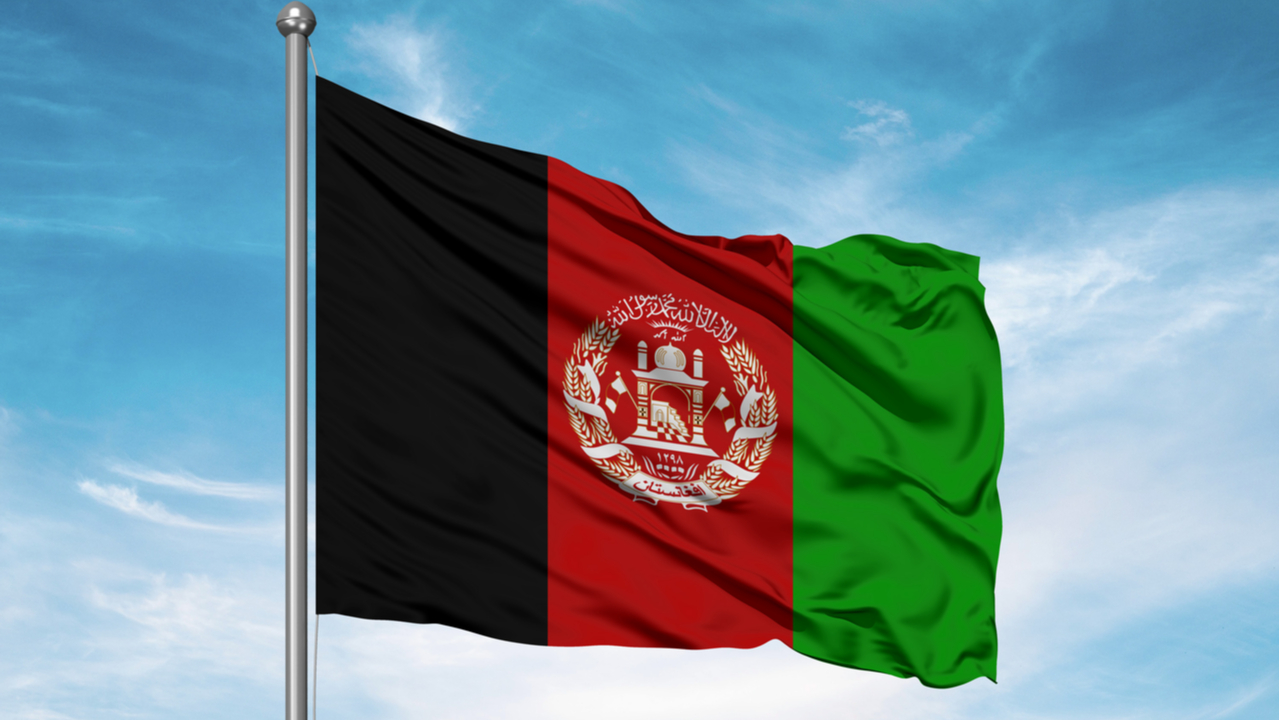
Kabul: Since the Taliban took control of Afghanistan on August 15 last year, the war-ravaged country has lost 39.59 per cent of its media outlets and 59.86 per cent of its journalists, stated Reporters Without Borders (RSF) in its latest report.
The Afghan media community has faced numerous challenges as media workers lost their jobs and several media organizations were shut down due to economic collapse, Tolo News reported.
“According to a Reporters Without Borders (RSF) survey, in the year since the Taliban took power on 15 August 2021, Afghanistan has lost 39.59 per cent of its media outlets and 59.86 per cent of its journalists, especially women journalists, three quarters of whom are now unemployed and no longer exist in 11 provinces. All this has happened amid a deep economic crisis and crackdown on press freedom,” the report read.
“Journalism has been decimated during the past year in Afghanistan,” RSF secretary-general Christophe Deloire said, stressing that authorities must undertake stringent measures to end the violence and harassment inflicted on media workers, and must allow them to do their job unmolested.
Based on RSF’s report, Afghanistan had 547 media outlets prior to 15 August 2021 but a year later, 219 ceased their activities.
Highlighting the plight of media workers in Afghanistan, a journalist, Meena Habib said, “I have worked in the media for nine years of my life and I have not found
time to learn another career,” reported Tolo News.
time to learn another career,” reported Tolo News.
Meanwhile, in another statement, Hojatullah Mujadidi, chairman of the Afghan Independent Journalists Association said, “The Islamic Emirate should work with the media and journalists to set up a committee to deal with media violations and access to information.” Thousands of journalists fled Afghanistan as a result of the political change, and some of them are currently living in Pakistan and other countries with no clear future plans, he added.
As per the report, released by United Nations Assistance Mission in Afghanistan (UNAMA), human rights violations affected 173 journalists and media workers, 163 of which were attributed to the de facto authorities. The ever-increasing restrictions against media in Afghanistan have also drawn widespread criticism globally with the United Nations (UN) and the Committee to Protect Journalists (CPJ) decrying the arrests, demanding the Taliban stop harassing local journalists and stifling freedom of speech through continued detentions and threats.
According to UNAMA, there have been significant changes in the country’s media landscape, including the closure of more than half of the free media, the evacuation of hundreds of journalists, and rising work restrictions, violence, and threats against journalists.
Apparently, over 70 per cent of media outlets halted their operations since the Taliban came to power.
No Comments For This Post, Be first to write a Comment.
Most viewed from International
Most viewed from World
AIMIM News
Latest Urdu News
Most Viewed
May 26, 2020
Can Lionel Messi's visit boost Indian football?
Latest Videos View All
Like Us
Home
About Us
Advertise With Us
All Polls
Epaper Archives
Privacy Policy
Contact Us
Download Etemaad App
© 2026 Etemaad Daily News, All Rights Reserved.

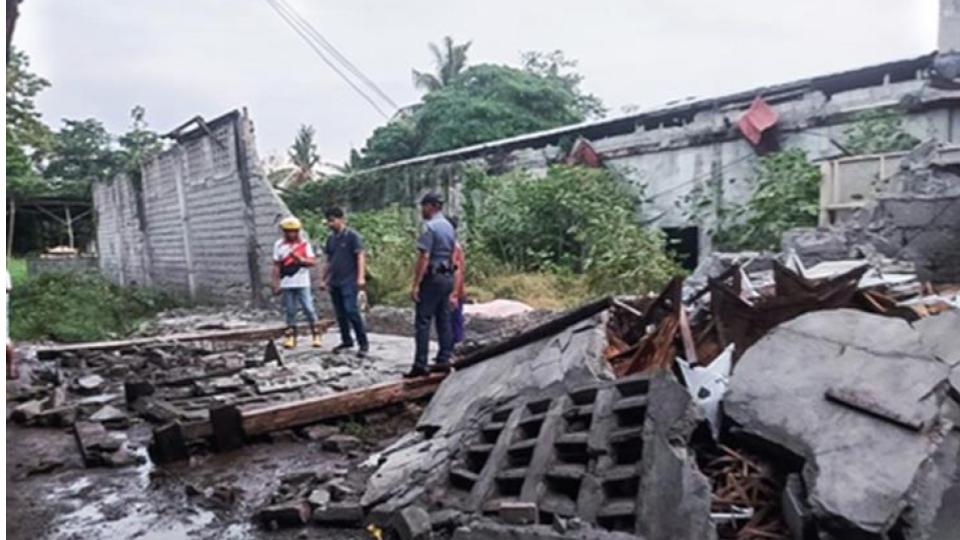
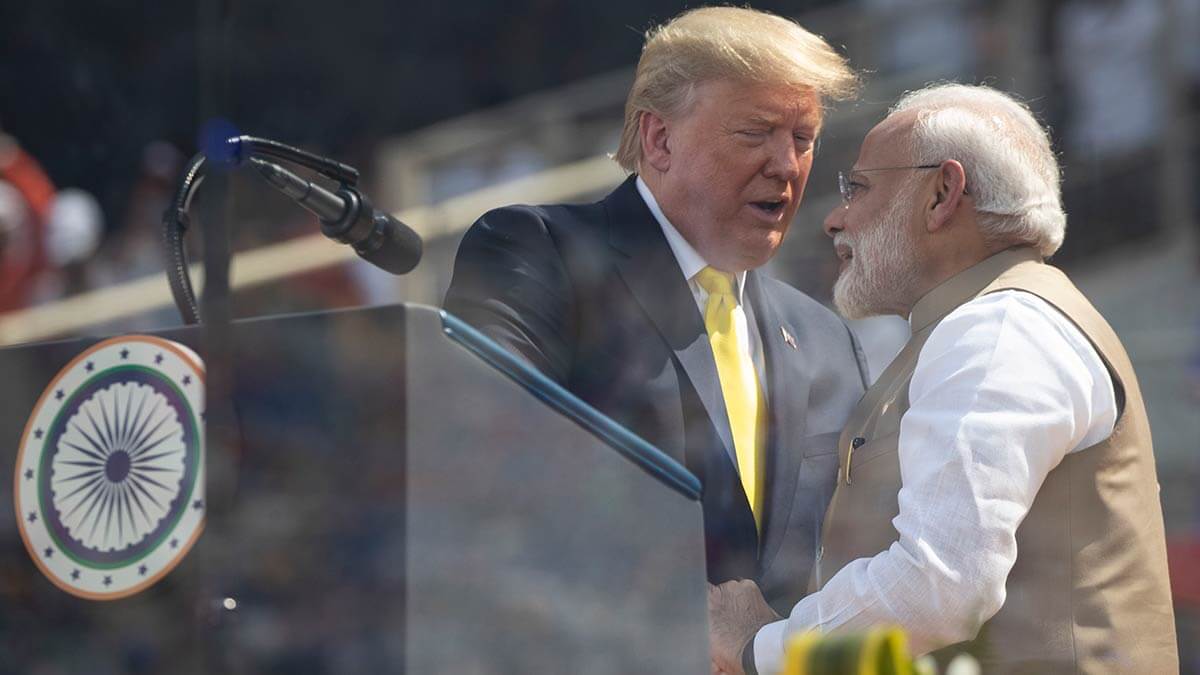

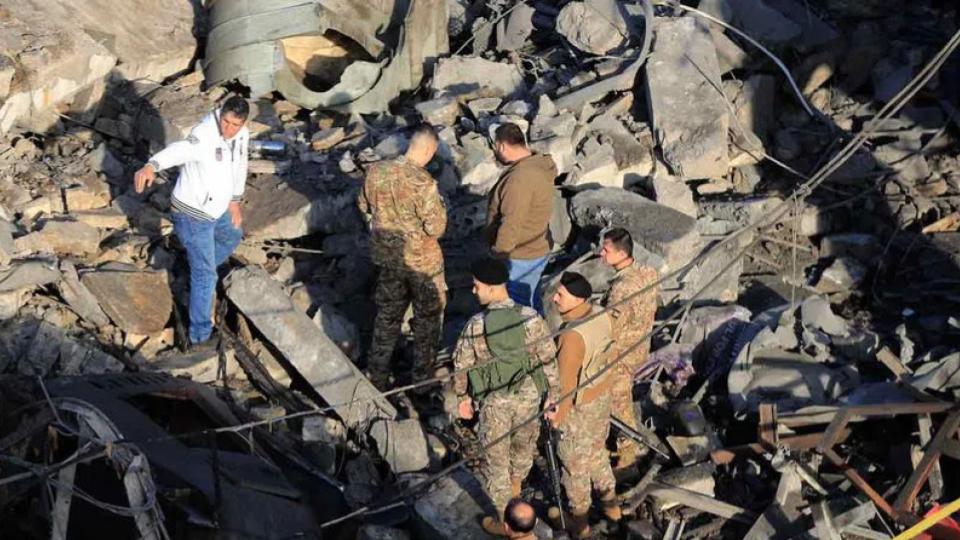


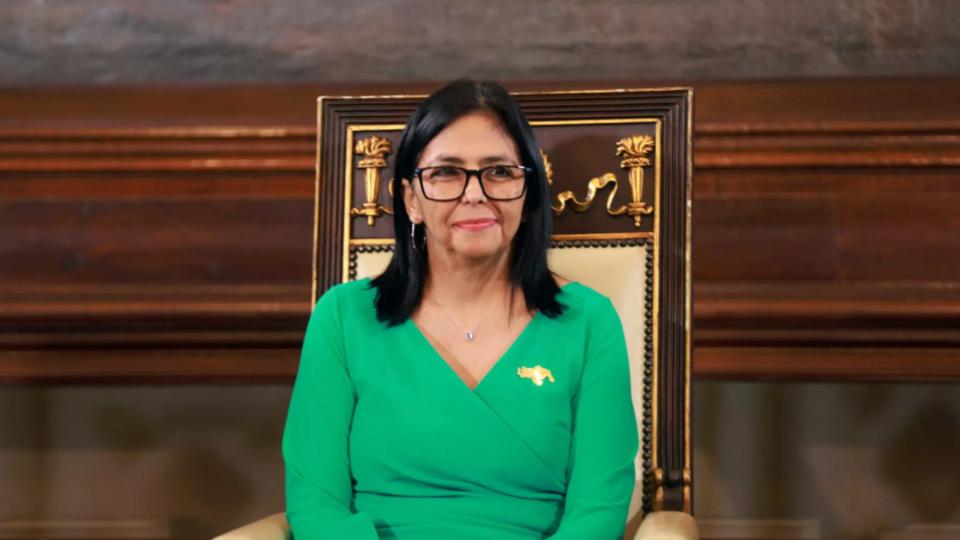


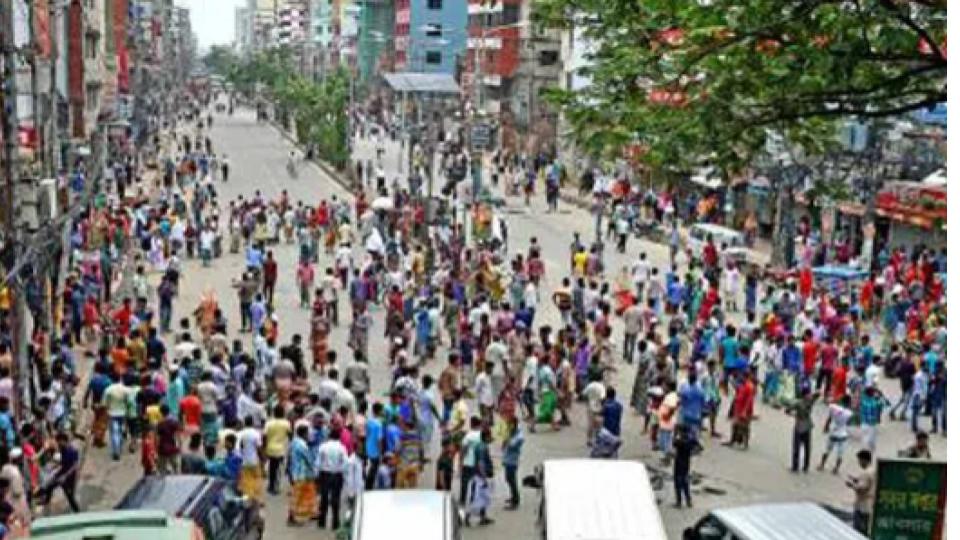


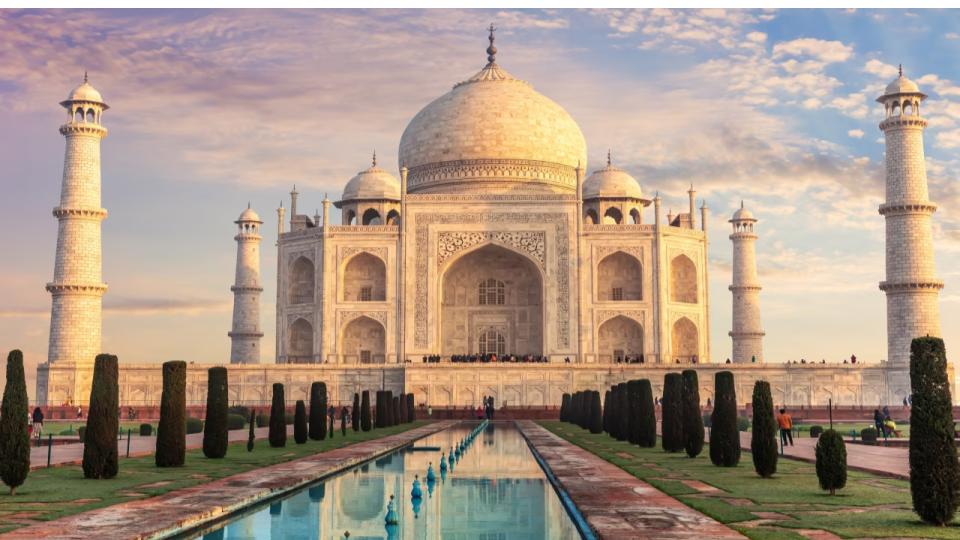
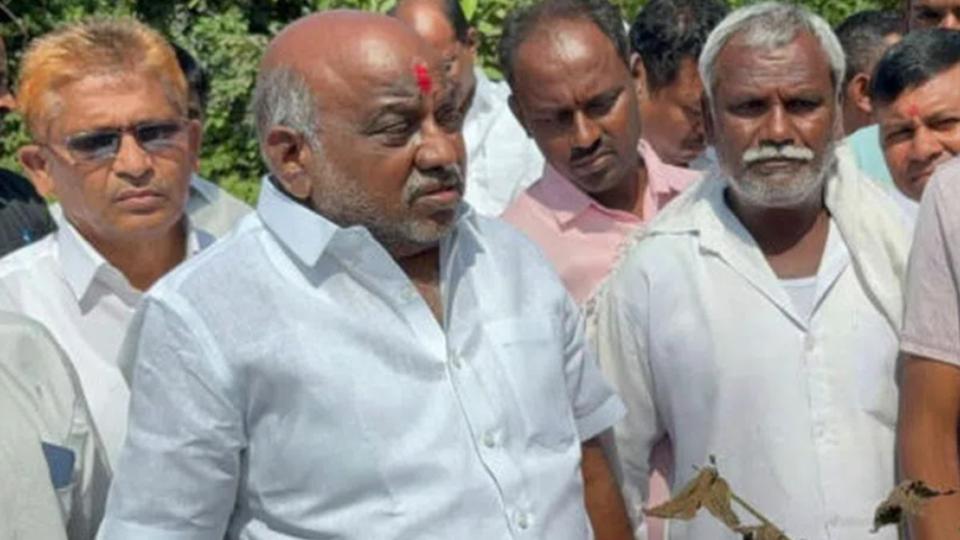
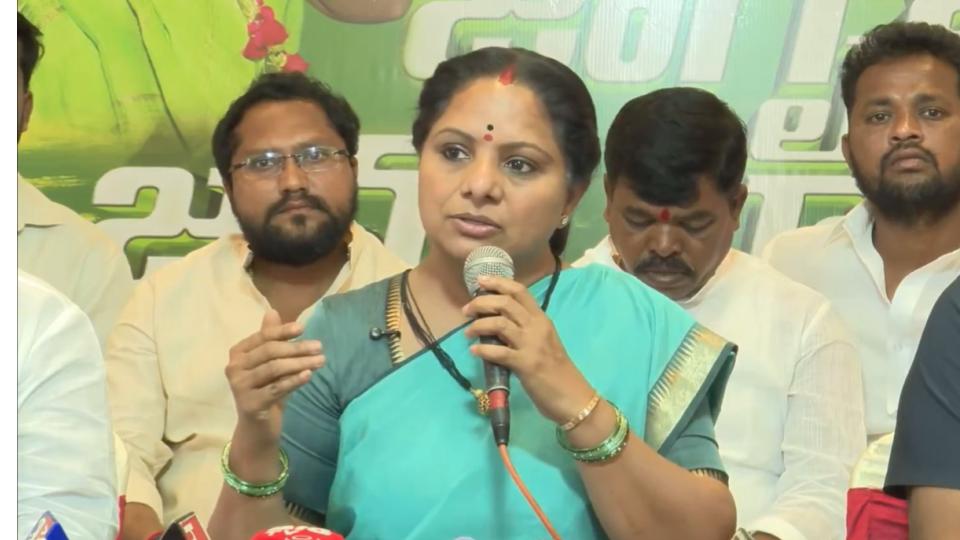

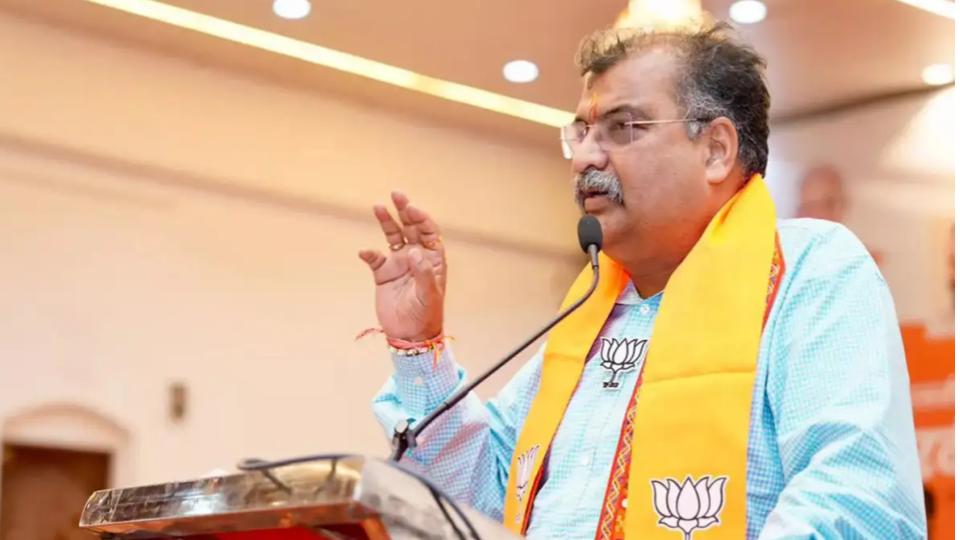
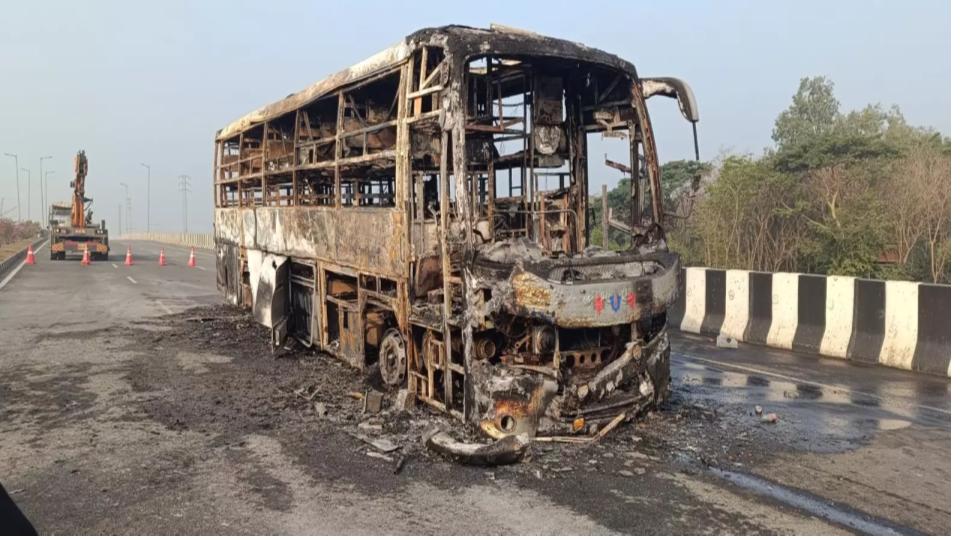
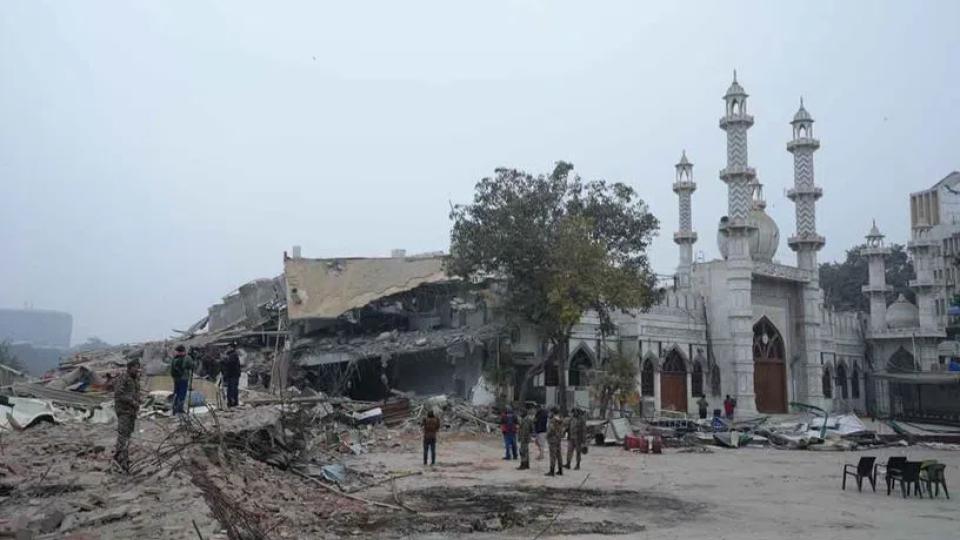


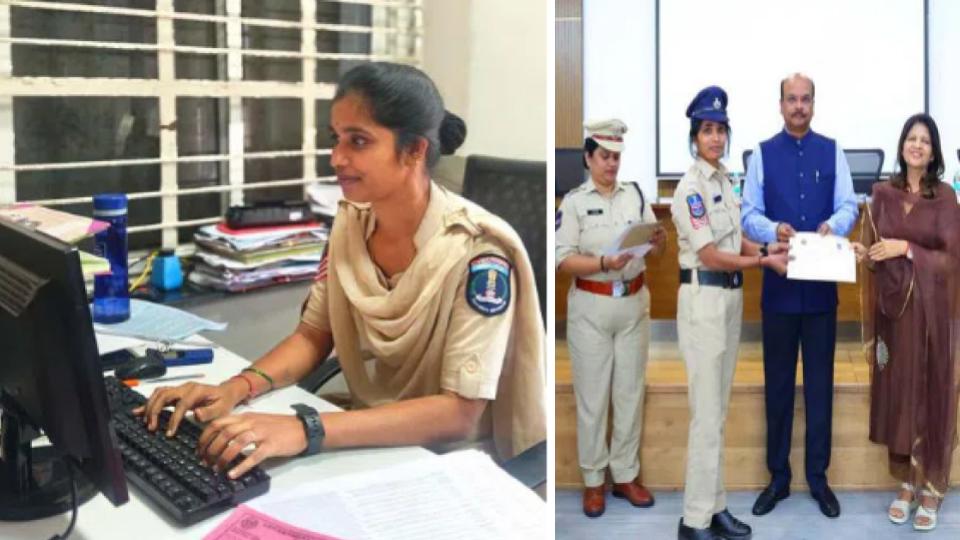

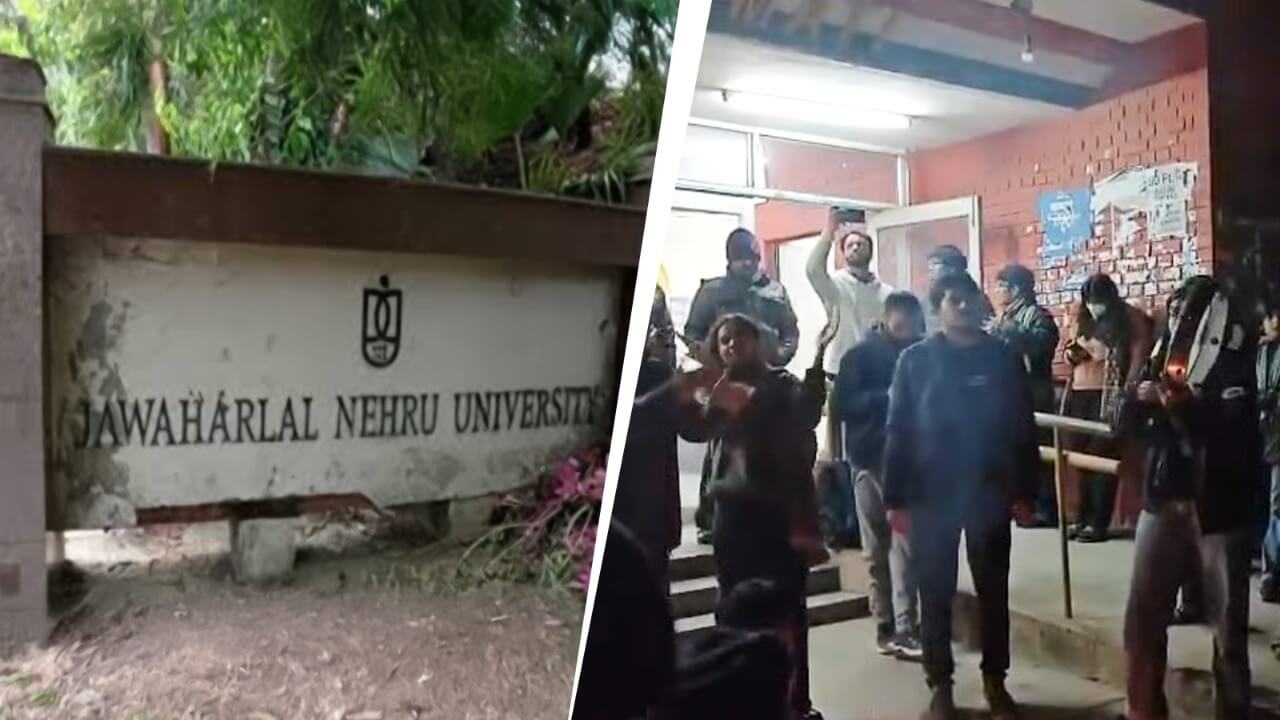

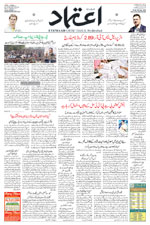










.jpg)
.jpg)
.jpg)


